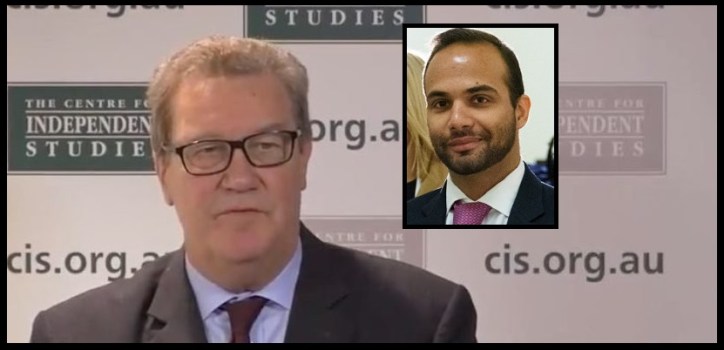“In September 2016 the FBI used a longtime informant, Stefan Halper, to make contact with George Papadopoulos, pay him $3k and fly him to London for consulting work and a policy paper on Mediterranean energy issues.
As part of the spy operation the FBI sent a female intelligence operative (a spy) under the alias Azra Turk to pose as Halper’s assistant and engage Papdopoulos. A month later the FBI used Papadopoulos as a supplemental basis for a FISA warrant against Carter Page.
Former Chairman of the House Oversight Committee, Trey Gowdy, tells Maria Bartiromo that he has seen transcripts of the Halper/Turk operation, and those transcripts exonerate Papadopoulos.
(Transcript)
Bartiromo: I’m really glad you brought that up; the FBI agents’ discussion with George Papadopoulos. Because when the FBI sends in informants to someone they’re looking at, typically those conversations are recorded right? Those people are wired?
Gowdy: Yeah, I mean if the bureau is going to send an informant in, the informant is going to be wired; and if the bureau is monitoring telephone calls there’s going to be a transcript of that.
And some of us have been fortunate enough to know whether or not those transcripts exist; but they haven’t been made public and I think one in-particular is going – it has the potential to actually persuade people. Very little in this Russia probe I’m afraid is going to persuade people who hate Trump, or who love Trump, but there is some information in these transcripts that I think has the potential to be a game-changer if it’s ever made public.
Bartiromo: You say that’s exculpatory evidence and when people see that they’re going to say: wait, why wasn’t this presented to the court earlier?
Gowdy: Yeah, you know, Johnny Ratcliffe is rightfully exercised over the obligations that the government has to tell the whole truth to the court when you are seeking permission to spy, or do surveillance, on an American. And part of that includes the responsibility of providing exculpatory information, or information that tends to show the person did not do something wrong. If you have exculpatory information, and you don’t share it with the court, that ain’t good. I’ve seen it, Johnny’s seen it, I’d love for your viewers to see it.
(End Transcript)







